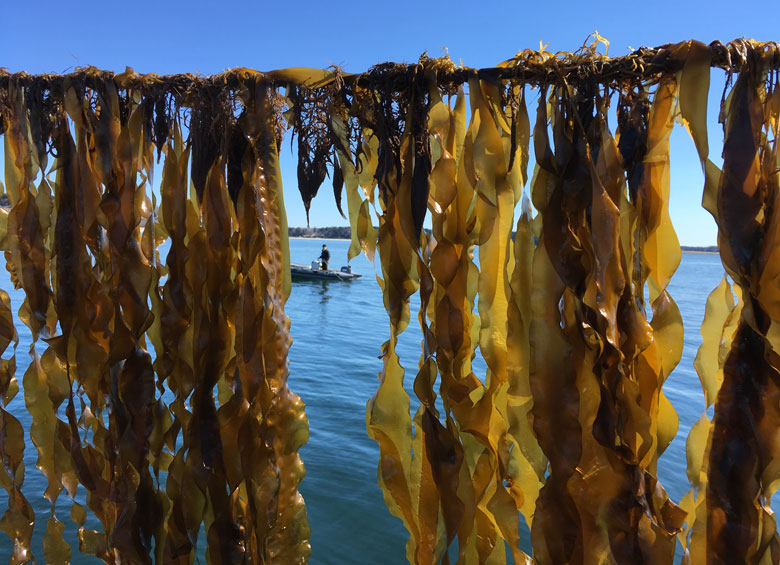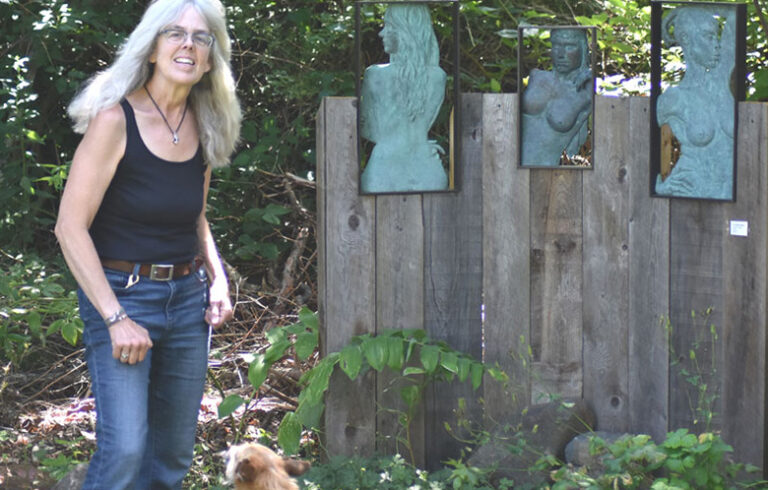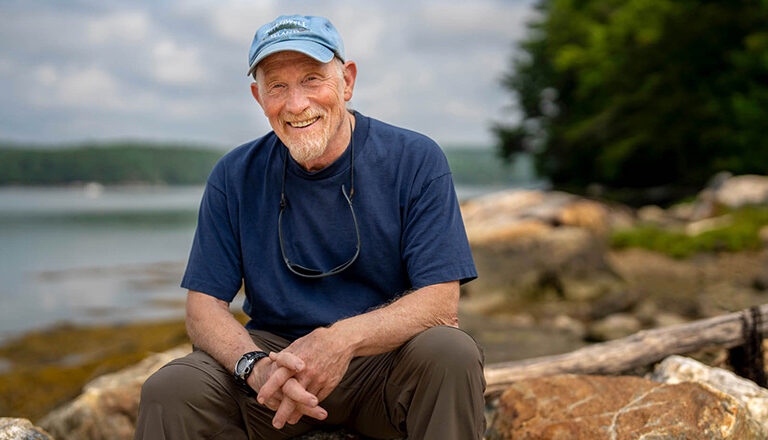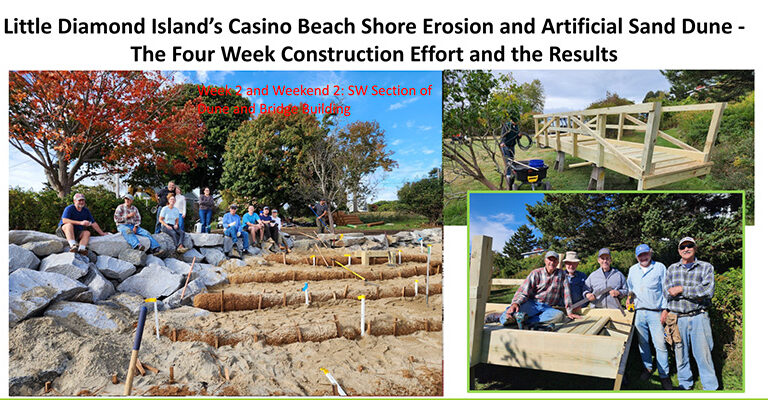The opinions expressed here do not reflect the views of Island Institute, the publisher of The Working Waterfront.
Maine’s seafood industry is well positioned to realize a greener future. Maine waters contain the perfect conditions to grow fish with a fraction of the carbon footprint of beef.
Those same clean, cold waters grow the world’s most succulent mussels and oysters. Not only can we grow world-class food, but companies like Eimskip and Portland’s new cold storage facility have brought markets in London, Paris, and Berlin right to our doorsteps.
For the first time in decades, Maine’s population growth outpaced the national average. We are still aging faster. But we have a shot at reversing that trend as young people, seeing opportunities here, flood our universities to learn about aquaculture and their role in Maine’s future.
Yet in the last few years we have watched the promise of an innovative and dynamic seafood industry be picked apart by groups flying a false flag of environmentalism or “fishing heritage.”
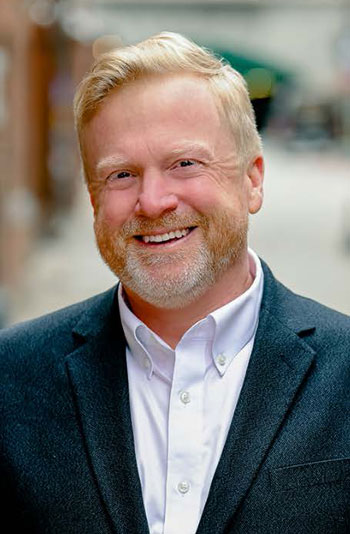
These groups are often fronted by real Mainers with real concerns. But hiding behind those men and women in hoodies and bibs are shrewd political mercenaries making a fortune selling a false narrative to otherwise well-meaning retirees and out-of-state families.
Fear sells and nothing is scarier than change. Families from away, long a mainstay of the Maine economy, are noticing the change and are being told the summers they knew as children are under threat from “industrialized aquaculture.”
Seen in this light, any innovation beyond the iconic lobster boat becomes the enemy. The ancient practice of harvesting seaweed to fertilize crops becomes a biohazard. Mussel rafts become an intolerable eyesore, and floating oyster baskets become an existential threat to future generations.
Armed with out-of-state-money, these groups enter the fight. They cannot win on the science, because there is little data to back their fear mongering. Instead, they fight behind podiums in front of lay people where unsupported tales of environmental destruction find much less discerning ears. These groups will claim the decision on whether or not to allow aquaculture is “up to the town.”
But when a town makes a decision the mercenaries do not like, out come the lawyers to bury those towns in lawsuits.
We are too quick to dismiss people as NIMBYs. Local people, families from away who are impacted by a proposal have a compelling argument: it is not fair to ask one group to shoulder the burdens of change when the benefits of that change flow to everyone else.
But that argument loses all moral authority when made by someone falsely claiming to be interested only in the environment or in preserving some imagined way of life.
We owe it to the youth of Maine to have an honest conversation about aquaculture. For some, that means speaking up for the first time about our shared future and their role in it.
For others it means coming out from behind paid spokespeople to speak openly about their fears and the equities of change. Those that do may not win every argument, but they will save a ton of money, find a deeper love for Maine, and a deeper respect for Mainers along the way.
Benjamin Ford is the principal of Archipelago, a Portland-based law firm specializing in maritime issues. For more information, see archipelagona.com.
